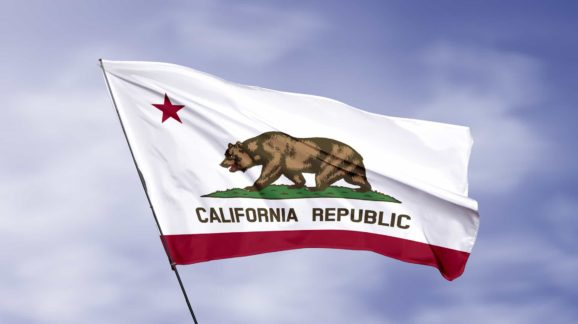California App Drivers Seem Happy that Proposition 22 Passed

Photo Credit: Getty
Ever since Proposition 22’s lopsided November victory in California, critics of that ballot initiative have pushed the narrative that voters were confused by it and didn’t realize what they were voting for. However, a recent poll of “gig economy” workers directly affected by Prop 22 found widespread support for the measure, with four-fifths saying their economic situation would have been worse if Prop 22 hadn’t passed.
Proposition 22 repealed part of California’s AB5 law, which was meant to prevent workers from being “misclassified” as contractors rather than traditional employees. Contractors are legally considered to be independent businesses and therefore aren’t covered by most federal laws covering things like collective bargaining, overtime, health insurance coverage, and so on. So-called gig economy companies like app-based rideshare businesses Uber and Lyft use contract workers exclusively, arguing that the flexibility inherent in contracting is crucial to their business. Critics like California Governor Gavin Newsom and the state’s unions argued that the companies were shirking their responsibilities as employers.
Newsom and unions were shocked when voters approved Proposition 22 by a decisive 58 to 42 percent margin last year. The Service Employees International Union (SEIU) urged the state supreme court to overturn Prop. 22 because it “grossly deceived the voters, who were not told they were voting to prevent the Legislature from granting the drivers collective bargaining rights.” The Washington Post reported, “Only now, some Californians are saying that they have buyer’s remorse—and that they thought a ‘yes’ vote was in favor of giving drivers new benefits they would not otherwise receive.”
The evidence cited by the Post and SEIU is anecdotal. A poll by the Benenson Strategy Group, a company founded by former Hillary Clinton and Barack Obama strategist Joel Benenson, offers a more concrete picture of what the drivers actually thought. The poll was commissioned by Uber and surveyed 378 people who used its apps.
Only 18 percent of the drivers said they were unhappy that Prop 22 passed, with the rest applauding its passage and slightly more than half, 51 percent, saying they were “very happy.” About three-fourths of the drivers, 76 percent, said that Prop 22 benefits them personally.
It wasn’t the case that the drivers didn’t understand what Prop 22 did or didn’t grasp the significance of not being labeled as an employee. Most drivers said they preferred to be contractors even if that meant they weren’t covered by federal workplace laws because it was only as a contractor that they got to set their own schedules. A total of 84 percent said they agreed with the statement, “Prop 22 is a better alternative than forcing drivers to be employees on a full-time, fixed schedule,” with 50 percent saying they strongly agreed. Even when the statement was rephrased as “Prop 22 is a better alternative that drivers remaining independent contractors with no benefits or protections,” 77 percent of drivers said they agreed, with 30 percent strongly agreeing.
None of this should come as a surprise. Only about a quarter of users of these apps do it as a full-time job, with 20 or fewer hours a week being typical. For most, it is a second job, a way to earn extra cash when they need. It’s not a full-time job and workers rejected being forced into accepting it as one.